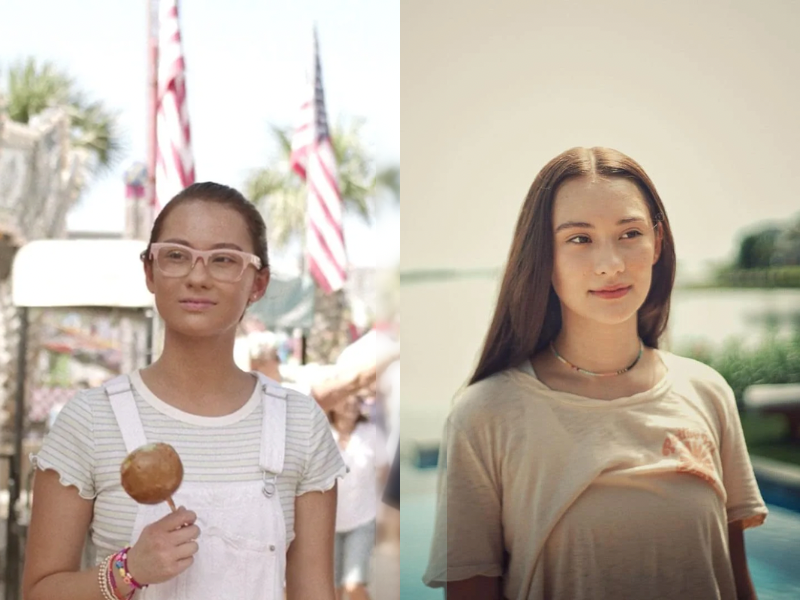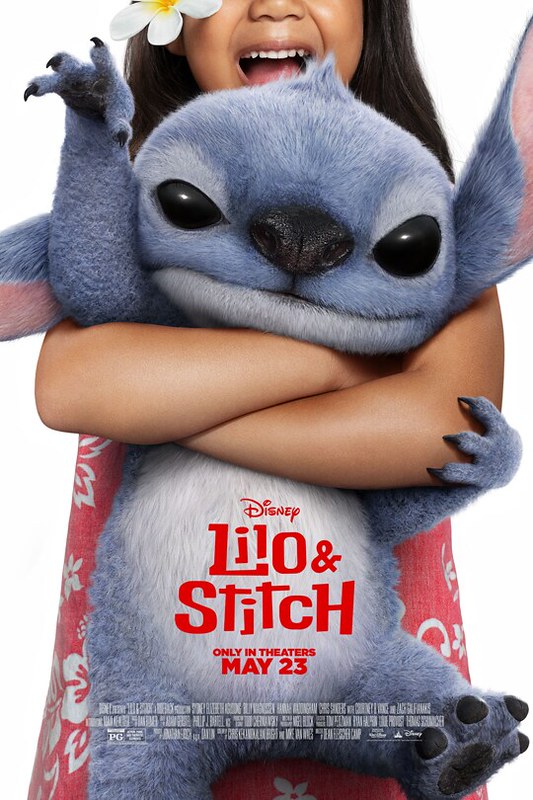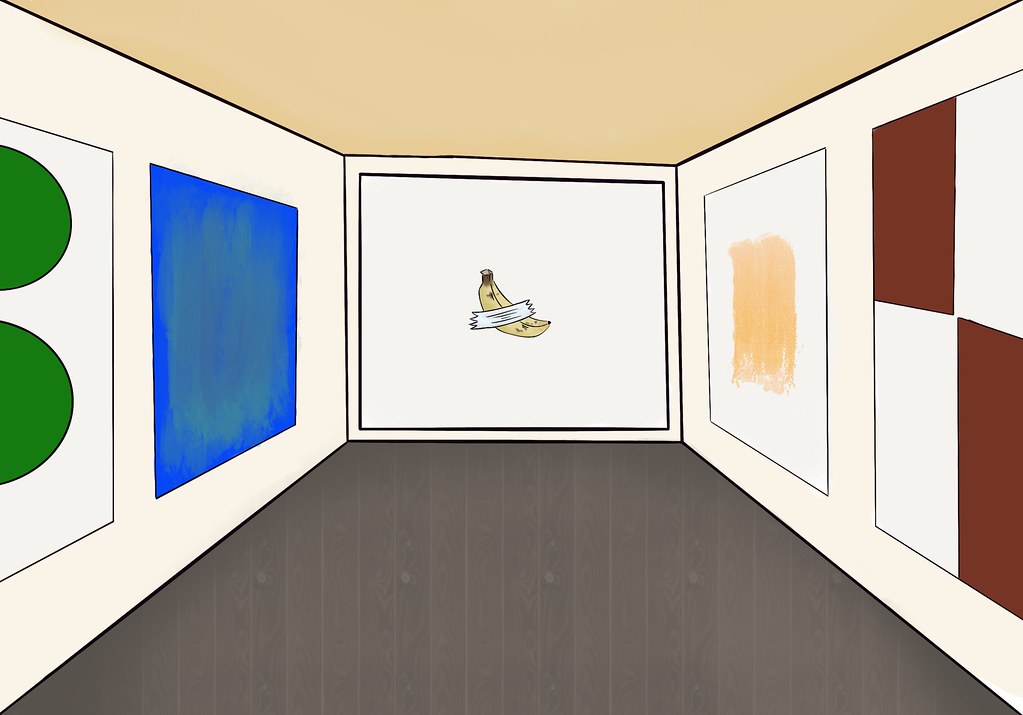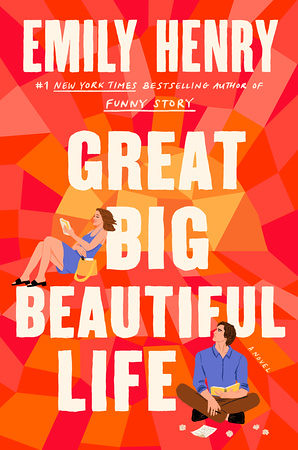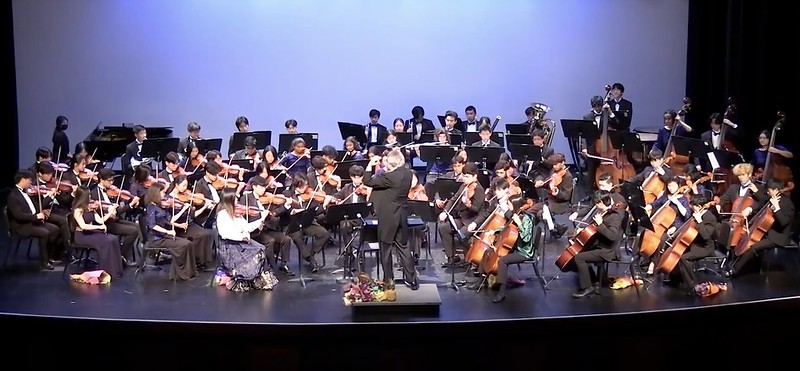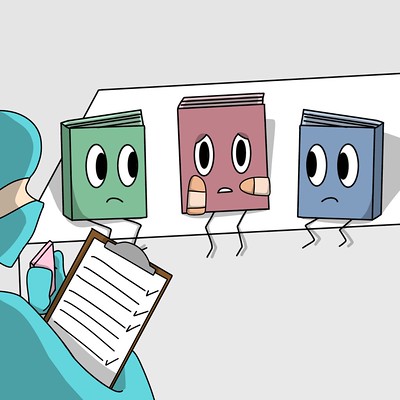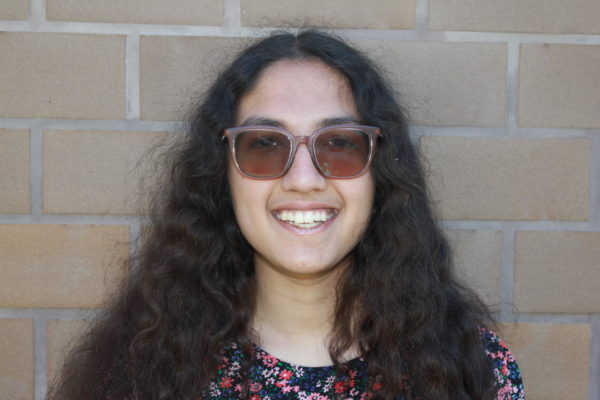Dear Reader,
Growing up, I looked exactly like the awkward nerd stereotype.
I had these bright purple glasses with transition lens, and my teeth were decorated with neon (yes…neon) green braces. My hair was disheveled and unruly, leading to very frequent comments on how I never combed it (I brushed my hair for nearly 30 minutes a day).
Whenever I lamented about my lackluster appearance, adults would parrot sweet words like “don’t worry, everyone looks beautiful!” or my least favorite, the dismissive “you’ll grow out of it.” And I wholeheartedly believed them. I’d watched the “Princess Diaries” in sixth grade, where Mia Thermopolis, with her geeky appearance, became a princess. All I needed was a straightener, contacts, Invisalign, even plastic surgery (okay, maybe not that far) and a heap of makeup. I’d become that girl.
I was determined to grow out of my gawky tween years, but, things haven’t changed much since then. Minus the braces, of course. I still wear glasses, have bushy hair and prominent features. I don’t have the perfect “bikini body.” I haven’t magically turned into some incredibly hot goddess.
Individuals who undergo these superhuman transformations from ugly to drop-dead gorgeous aren’t the majority. They’re the exception.
Recently, I’ve started watching “The Summer I Turned Pretty,” a teen romance adapted from a book series by writer Jenny Han. The title itself should say enough about the main plotline, with the very first scene teasing the fact that Belly, the main character, “looks SO different this summer,” that her crush will finally find her attractive. But the only change in her appearance is that she no longer needs glasses or braces.
What bothers me is that in the show, Belly only gains enough self-confidence when she’s showered with compliments. The external validation has to be high enough in order for herself to feel “pretty” and attractive enough to chase her crushes. When it comes to these examples of the makeover trope, ranging from the popular webtoon and K-drama “True Beauty” to the 2000s classic “Princess Diaries,” they all have one thing in common: they reinforce teenage obsessions about being physically attractive.
These tropes are mostly harmless and occasionally helpful when it comes to taking better care of personal hygiene, wearing a bit of makeup, and improving fashion sense. The issue is that seeing these tropes presented constantly in rom-coms or young adult novels affects the way we perceive ourselves. We start to feel as if our appearance is something to be fixed, to be conformed into conventional beauty standards. These unrealistic glow-ups become a goal that we chase, regardless of whether it’s actually attainable or not.
The harm only increases when the makeover steps far beyond temporary changes. According to the American Society of Plastic Surgeons, approximately 229,000 cosmetic procedures were performed on people aged 13-19 in 2020. Social media already greatly affects individuals’ view of beauty and their desire to conform to societal standards. Is it too much to ask that our favorite books and shows don’t do the same thing?
I don’t think the desire to look more beautiful will ever go away. But those standards are already rampant in social media, in our magazines, in our everyday life. Do we really need television shows and films to force-feed us that there is a singular beauty standard? That glasses and bushy hair are undesirable?
If we want to change conventional beauty standards, we have to start first with changing the books we read and shows we watch. After all, makeovers are so out of style.
Feeling kind of pretty,
Anaisha

